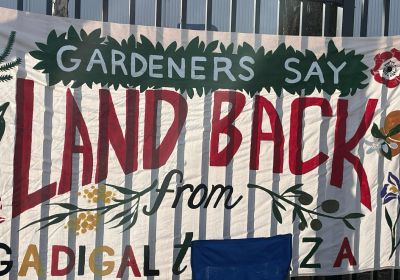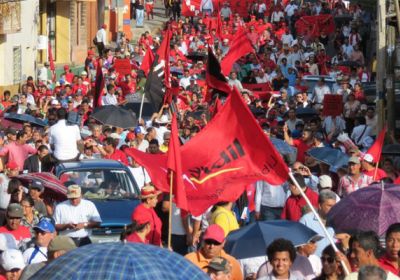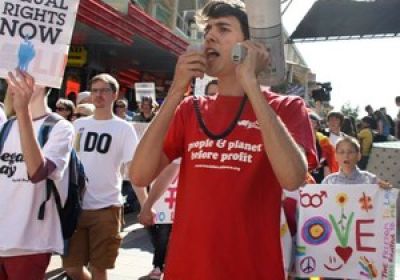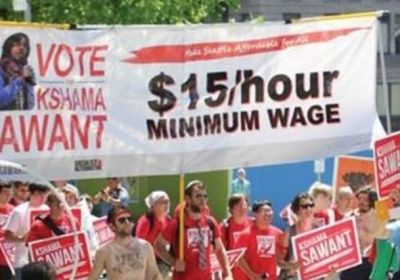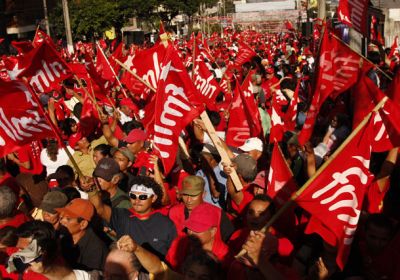
Dancing to the festive sounds of cumbia and ska music, thousands of supporters of the left-wing Farabundo Marti National Liberation Front (FMLN) celebrated the expected victory of their candidate, Salvador Sanchez Ceren, as the vote counts in El Salvador’s presidential run-off election poured in on the night of March 9.

